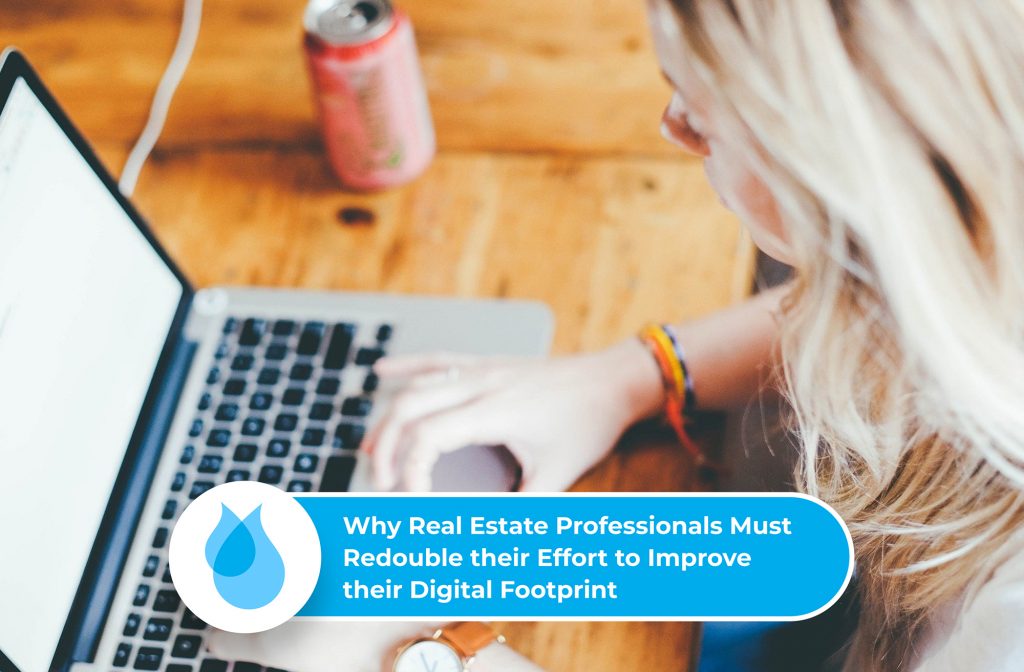
Social media, websites and a Real Estate Agent’s whole digital presence have become more and more important over the last decade. The recent and sudden changes in the Real Estate market affecting how Real Estate Professionals are able to operate Australia wide have suddenly made an Agent’s digital presence more important than ever.
While it’s been the case for several years that the majority of vendors, buyers, landlords and tenants would conduct parts of their Real Estate transactions online (e.g. market research, tenancy application or property search) much of the transaction was still done in person (e.g. auctions, property inspections and signing of contracts or agreements.) With the current restrictions around Australia completing these parts of the transaction in person are no longer an option or severely limited.
Previously an Agent’s digital footprint was usually focused on vendor and landlord lead generation. While that will become more important than ever with the limiting of face to face contact there are many other aspects of a Real Estate transaction that will now need to be completely or partially fulfilled online. There is also a good chance that even after this crisis is over much of what is being done online now out of necessity will continue to be completed online out of convenience and because of consumer expectations.
Social media advertising will likely be kept for brand building and lead generation but a Real Estate website will be required to evolve to be able to integrate with services that handle more of the process of Real Estate transactions from virtual tours to private inspection booking and online auctions. An agent’s website will essentially be their 24 hour shop front or virtual office. With many more pairs of eyes on Real Estate websites it’s imperative that the website portrays the agent’s brand correctly and is also designed to generate leads for the agent.
A Real Estate website is also a very important part of social media marketing. An agent can direct traffic from their social media campaigns to a landing page on their website to generate vendor or landlord leads while easily measuring the success of these campaigns. The website is also a great place to create and share content like market updates, case studies or success stories.
The current environment makes it foolish to predict how the Real Estate industry will change over the next 3, 6 or 12 months but it seems highly unlikely that consumers use of online services to complete more and more of their everyday transactions will not continue to creep (or be temporarily forced by health regulations) into areas that are more specialised and have been slower to adopt a fully online business (e.g. Real Estate.)
Once this health crisis is over and business can “return to normal” it is likely that the businesses (not just Real Estate) that have invested in their online presence will be able to grow their market share at the expense of businesses that chose to go into hibernation. The transition from bricks and mortar businesses to online has been underway for many years but forcing the whole population to socially distance or in many cases isolate themselves can only accelerate this transition.
